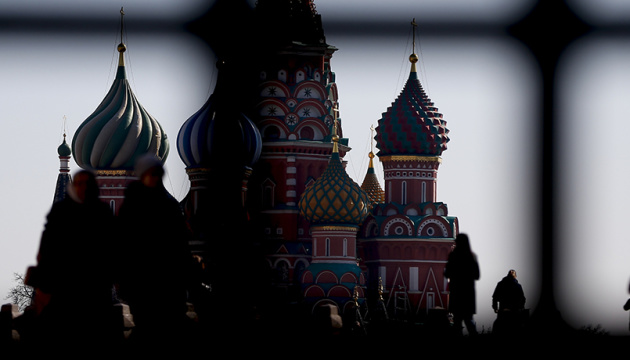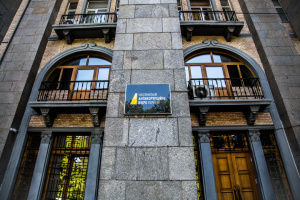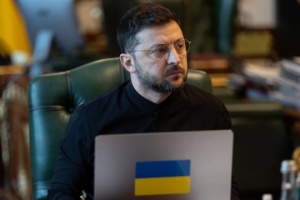
Russia may attack NATO by 2030 - German intel
This was warned by the President of the Federal Intelligence Service Bruno Kahl on Monday at a public hearing of the Bundestag Parliamentary Control Committee, an Ukrinform correspondent reports.
“The Kremlin sees the Federal Republic of Germany as an enemy. As the country that ranks second in terms of aid to Ukraine, we are definitely a party [to the conflict], according to Moscow. Whether we like it or not, we are in direct confrontation with Russia,” Kahl said.
The head of the BND does not even rule out the possibility of a direct military threat to Germany from Russia.
“The Russian armed forces may be able to attack NATO by the end of this decade at the latest,” warned Kahl, noting that Putin is not just concerned with Ukraine, but with a larger goal of creating a new world order.
According to the head of the BND, Russian intelligence services are acting more and more actively and without hesitation, which makes further escalation possible. To counter these challenges, German security services need additional resources.
Thomas Galdenwang, President of the Federal Office for the Protection of the Constitution (Counterintelligence), agreed with his colleague.
“We are witnessing aggressive actions of Russian special services. In particular, Russian espionage and sabotage are growing in Germany, both qualitatively and quantitatively,” he stated and called for the joint efforts of all intelligence and security agencies.
Martina Rosenberg, President of the Federal Office of Military Counterintelligence (BAMAD), took part in the discussion and informed that the number of attempts to spy on the so-called critical infrastructure has been “alarmingly high” recently and requires increased vigilance.
“The Bundeswehr is in the center of attention. Whether it's the supply of German weapons to Ukraine, training or weapons projects, or acts of sabotage that are meant to create a sense of insecurity,” she said.
On the eve of the Bundestag committee meeting, German Interior Minister Nancy Feser also spoke about the increased activity of Russian special services in an interview with Handelsblatt.
“We see that Putin's regime is becoming more and more aggressive,” she said.
According to Feather, German security services are spending “incredible resources” to protect Germany from the threat of Russian espionage, acts of sabotage and cyberattacks. She said, without providing details, that several months ago, a number of attacks involving explosives were prevented in the country, which were prepared on the orders of Moscow. The purpose of these sabotage attacks was to prevent Germany from providing military assistance to Ukraine.
As reported, the increased activity of Russian special services in Germany, despite the fact that many agents under diplomatic cover have been expelled, has been observed since 2014, but has especially intensified since the beginning of Russia's full-scale invasion of Ukraine.




